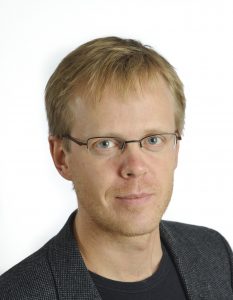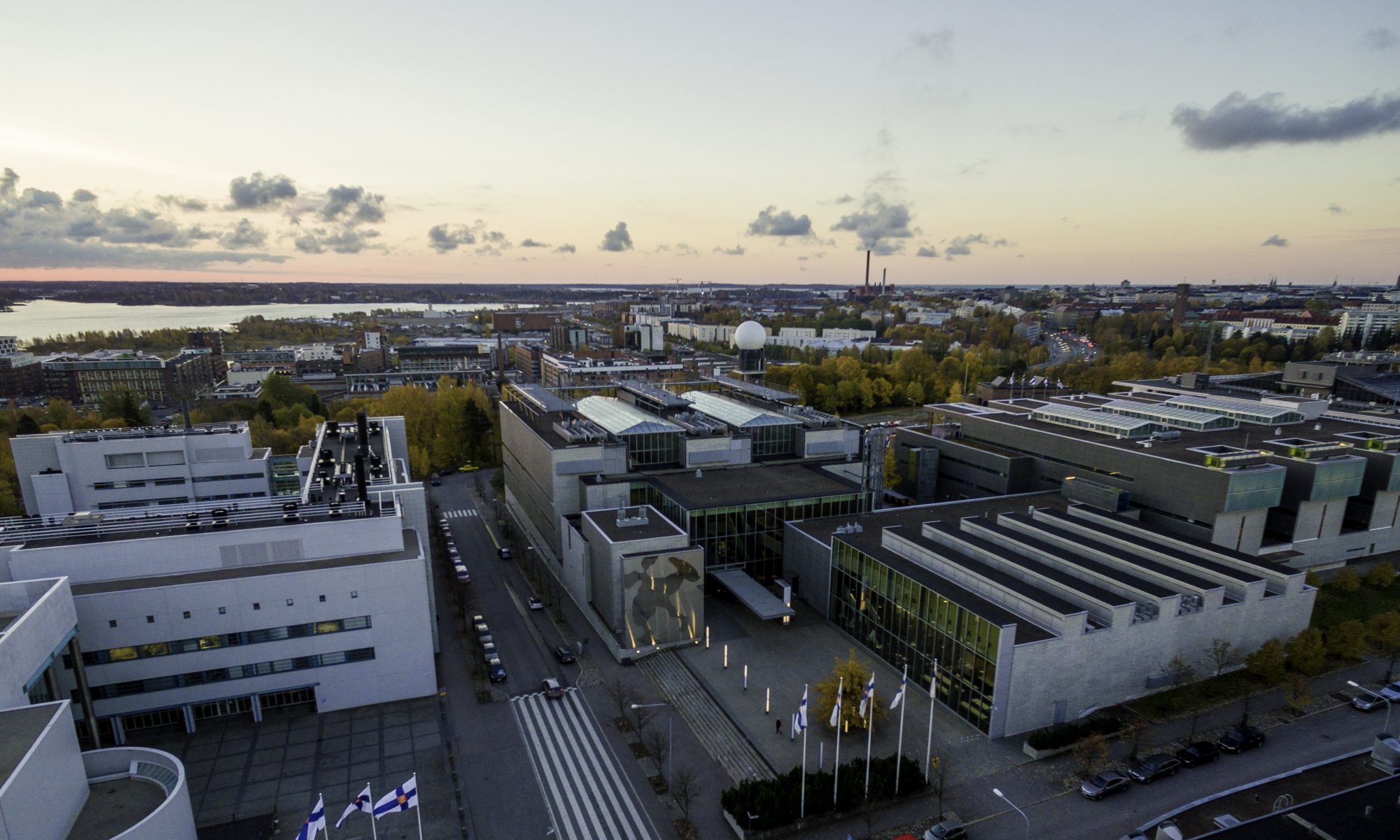 The next colloquium in the fall series will take place on December 8) at 14:15. Our speaker will be Teemu Siiskonen, who has been recently appointed as the Professor of Practice at Department of Physics, University of Helsinki.
The next colloquium in the fall series will take place on December 8) at 14:15. Our speaker will be Teemu Siiskonen, who has been recently appointed as the Professor of Practice at Department of Physics, University of Helsinki.
Teemu did his PhD in nuclear physics at the University of Jyväskylä. After that, he worked at CERN and Finnish Meteorological Institute before coming to STUK (Radiation and Nuclear Safety Authority). At STUK, he worked on the fields of radiation dosimetry, medical use of radiation, environmental surveillance, and emergency preparedness. Currently, he is a deputy director at Measurements and Environmental Monitoring department of STUK. In 2022, Teemu was appointed as the Professor of Practice at Department of Physics, University of Helsinki.
The title of his talk is: Safety and efficacy of modern radiotherapy: Techniques and development toward accurate patient-specific dosimetry.
The event will be held on Friday 08.12.23 at 14:15, in Exactum CK112.
Abstract of the talk:
Modern external beam radiotherapy techniques often rely on small, conformal dynamic beams. Many different beam qualities are used, including photons, electrons, protons and neutrons. However, the techniques traditionally used to determine the dose may not be reliable in these beams. I will discuss recent developments to improve the accuracy of patient dose determination, with measurements in laboratory and at clinics, and using computational approaches. To avoid adverse side effects, attention must also be paid to the overall exposure of the patient, and I will discuss the methods to assess personal doses from the whole radiotherapy process, including imaging.

 The next colloquium in the fall series will take place on Friday (November 3) at 14:15. Our speaker will be Matilda
The next colloquium in the fall series will take place on Friday (November 3) at 14:15. Our speaker will be Matilda 
 Our next Kumpula Physics colloquium in the spring series will take place on Thursday, June 8th at 13:15 (notice the change of day and time!). Our speaker will be Adrienne Traxler, who is
Our next Kumpula Physics colloquium in the spring series will take place on Thursday, June 8th at 13:15 (notice the change of day and time!). Our speaker will be Adrienne Traxler, who is  Our first Kumpula Physics Colloquium for the year 2023 will take place on Friday, March 24. We will have a presentation on the regulation of cell fate and integrity to be given by Sara Wickström who is the director of the Max Planck Institute for Molecular Biomedicine in Münster.
Our first Kumpula Physics Colloquium for the year 2023 will take place on Friday, March 24. We will have a presentation on the regulation of cell fate and integrity to be given by Sara Wickström who is the director of the Max Planck Institute for Molecular Biomedicine in Münster.